ONLINE NEWS: USM RESEARCHER HIGHLIGHTS LEGAL HURDLE TO CANNABIS RESEARCH
By Sharayu Pillai | 29 August 2022
USM’s National Poison Centre director Nur Azzalia Kamaruzaman says under the Dangerous Drugs Act, MOH can authorise “pegawai awam” to research cannabis, but academics are “penjawat awam” and hence, couldn’t get approval to study even hemp since 2018.
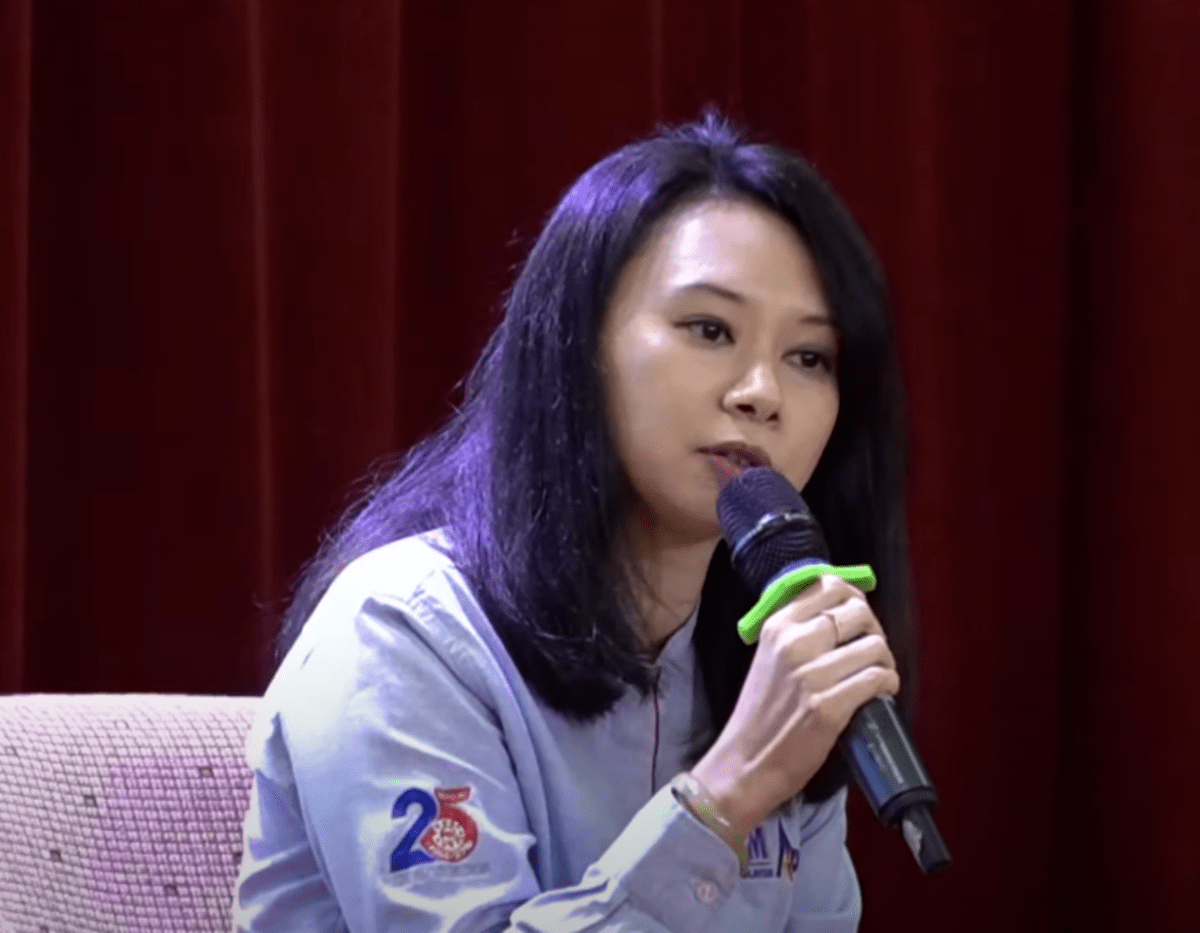
KUALA LUMPUR, August 29 – For the past four years, local researchers from public universities have failed to study cannabis due to legal restrictions imposed by the Dangerous Drugs Act (DDA) 1952.
Nur Azzalia Kamaruzaman, director of the National Poison Centre at Universiti Sains Malaysia (USM), said according to the narcotics law, which bans cannabis among other illicit drugs, the Ministry of Health (MOH) can authorise “pegawai awam” (public officers) to conduct research on marijuana.
“Unfortunately, us in academia, we are not considered that. We are ‘penjawat awam’ (civil servants). So, there is a bit of technicality,” Nur Azzalia told a forum on medical marijuana at a symposium jointly organised by the Malaysian Parliament and Universiti Malaya’s law faculty alumni association in Parliament last Tuesday.
“At the same time, what is quite interesting is in 2019, there was a minit mesyuarat Jemaah Menteri (Cabinet minutes), whereby it was stated that UA, ‘universiti awam’ (public universities), such as USM, can be involved in such research.
“So actually, we began pursuing this based on the Jemaah Menteri’s stance. We’ve been rejected since then. We started in 2018.”
Nur Azzalia pointed out that USM’s research team was still unable to get approval despite restricting their intended study to hemp, excluding cannabis strains that contain the THC psychoactive compound.
“We’ve given, we feel that the most advanced proposal that we can possibly make. We started with the first government, and it’s been three governments since then, and we’ve been rejected,” she said.
“We have been fighting for this project. We’ve been writing a proposal. We’ve included all the best technologies in Malaysia. We understand the reservation when it comes to THC and marijuana. Sure.
“We are bringing in botanists, tissue culturists, clones…to ensure that if we want to cultivate, that they come from purely bred hemp plants. We’ve included IOT, blockchain, biomarker, to ensure that we can trace the plant from seed to market.”
No Distinction Between Different Cannabis Strains Under DDA
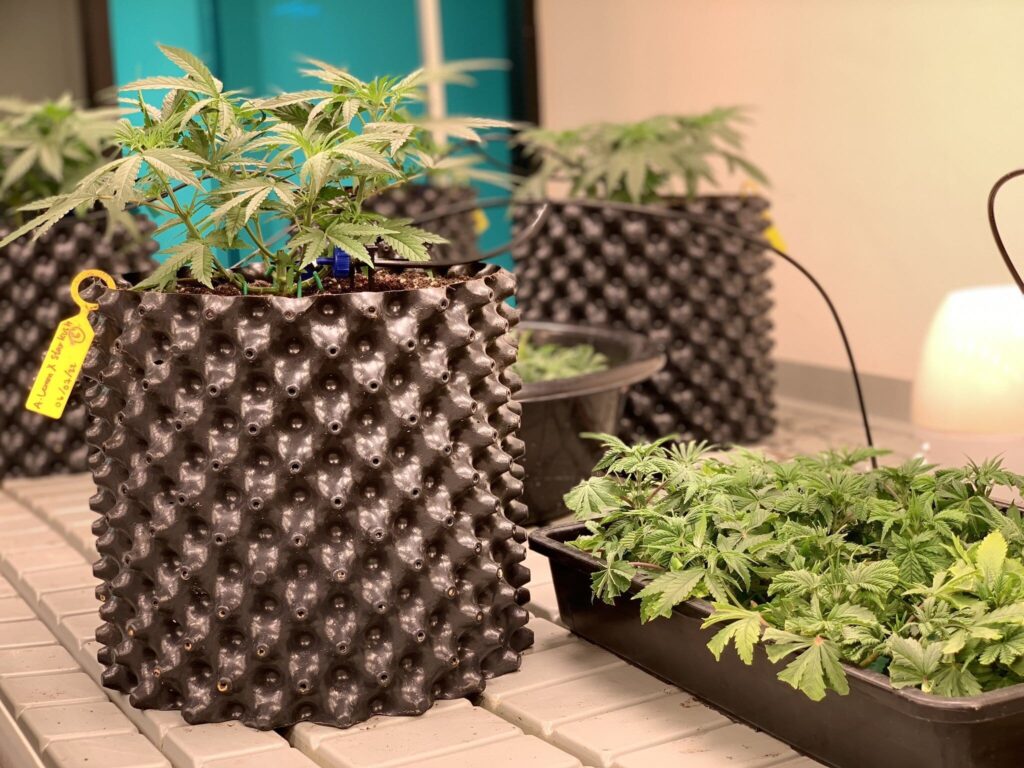
Currently, under Malaysia’s DDA, there is no distinction between the numerous species of plants that fall under the genus Cannabis, all of which are prohibited.
Cannabis is a genus of medicinal, recreational and fibre plants that has caused a lot of confusion and controversy over the taxonomic organisation, as the genus encapsulates both wild and cultivated plants which have morphological variables.
Falling under the species of C. sativa L. are plant varieties suitable for recreational and therapeutic purposes (commonly called marijuana or cannabis), and the varieties appropriate for industrial use only (usually named hemp). This feature depends on the constitution of each Cannabis variety or strain to synthesise and store chemicals known as cannabinoids (CBD).
In the United States, CBD is still considered a Schedule 1 drug under federal law. However, hemp has been removed from the Controlled Substances Act. This removal of hemp from the Drug Enforcement Administration’s (DEA) schedule of Controlled Substances came as a result of the Agriculture Improvement Act of 2018 (Farm Bill 2018).
The Farm Bill 2018 is what allows the broad, legal cultivation of hemp and the movement of hemp-derived products across state lines for commercial or other purposes. However, for a plant to be classified as hemp (or industrial hemp) lies in the content of Tetrahydrocannabinol (THC) found in the plant.
THC is the major psychoactive ingredient found in cannabis and is the compound responsible for the feeling of euphoria and a sense of relaxation, as well as anxiety, fear, distrust and panic. Therefore, any plant containing more than 0.3 per cent THC would be considered non-hemp cannabis and lose the protection it has under the American legislation.
MP: Decriminalise Cannabis, Reduce Bureaucracy In Research
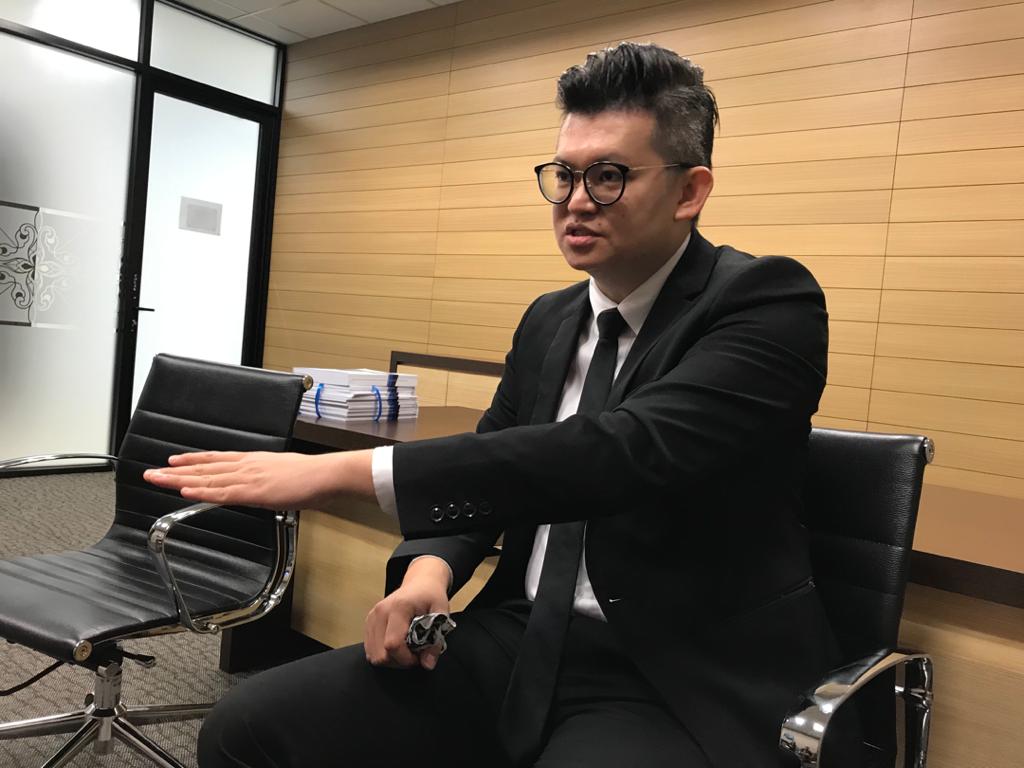
Bandar Kuching MP Dr Kelvin Yii Lee Wuen, a member of Dewan Rakyat’s medical cannabis caucus, called for the decriminalisation of cannabis and to reduce red tape in allowing local research on the illicit drug.
When asked how to regulate cannabis industry-wise, Dr Yii suggested three measures.
“I think number one we have to decriminalise it. I’m not saying that we allow recreational use. I think we must take the criminalisation out of it. Number two is to allow more research. Remove the bureaucracy into it, so that we make decisions based on evidence and also data and science. And number three, there has to be a centre, a regulatory centre.”
He also urged caution in advocating the use of marijuana for medical purposes, citing the International Association of Studies for Pain (IASP) that noted a lack of substantive and comprehensive clinical research on the medical properties of cannabis.
“And the caveat to that is, it is because not much research can be done due to the criminality of the drug itself,” Dr Yii told the symposium.
“If an academician or a research facility in Malaysia wants to apply for research, yes, there are avenues, but there is so much bureaucracy, there are so many obstacles, there are so many hurdles because it is being classified under DDA and so on and so forth.
“Laws have to be changed. The DDA 1952 has to be changed. [We have] to remove obstacles for research to be done to find more benefits for it.”
The DAP lawmaker said the medical cannabis caucus wants to look at different aspects of cannabis policy in Malaysia.
Dr Yii held that the examination would cover the regulatory framework, public awareness, and the enforcement framework, emphasising that enforcement is a big issue in Malaysia.
AADK DG: No Objections If Medical Cannabis Doesn’t Cause Addiction
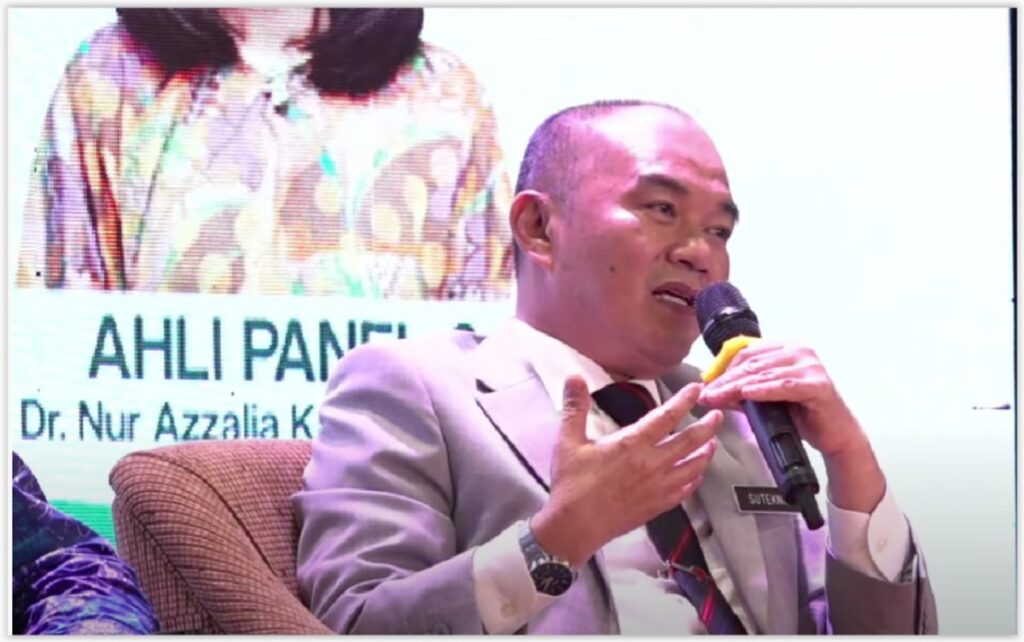
National Anti-Drugs Agency (AADK) director-general Sutekno Ahmad Belon said that AADK’s stance on the issue of medical cannabis was very simple: addiction avoidance.
“What we want to say, as a start, [is that] whatever plant-based, herb-based that has medicinal benefits needs to be monitored,” Sutekno told the panel.
“There has to be control in terms of use and it needs to be approved with that so that, in the end, it is safe to use, and it does not cause addiction. And what arguments there are needs to be proven clinically, meaning we have a clear platform and procedure that needs to be consulted. They cannot self-claim.
“If we look at history…cannabis history…this plant has benefited human life. But when the compound extraction technology becomes advanced, there is concentration…and it is abundant in the market, it will lead to misuse. It is this misuse that we are worried about. Meaning, if there is no misuse and it does not cause addiction, we at AADK, in general, we have never objected.”
Dr Yii clarified that CBD is proven not to contain psychoactive properties and agreed with Sutekno on the need for a good framework.
The DAP lawmaker also opposed providing off-the-counter dispensation of medical cannabis products.
According to Dr Yii, such products should only be dispensed by trained medical professionals who would need to obtain a special licence, which may require annual renewal, for the prescription and dispensation of medical cannabis products.
Learn From Thailand’s ‘Mess’
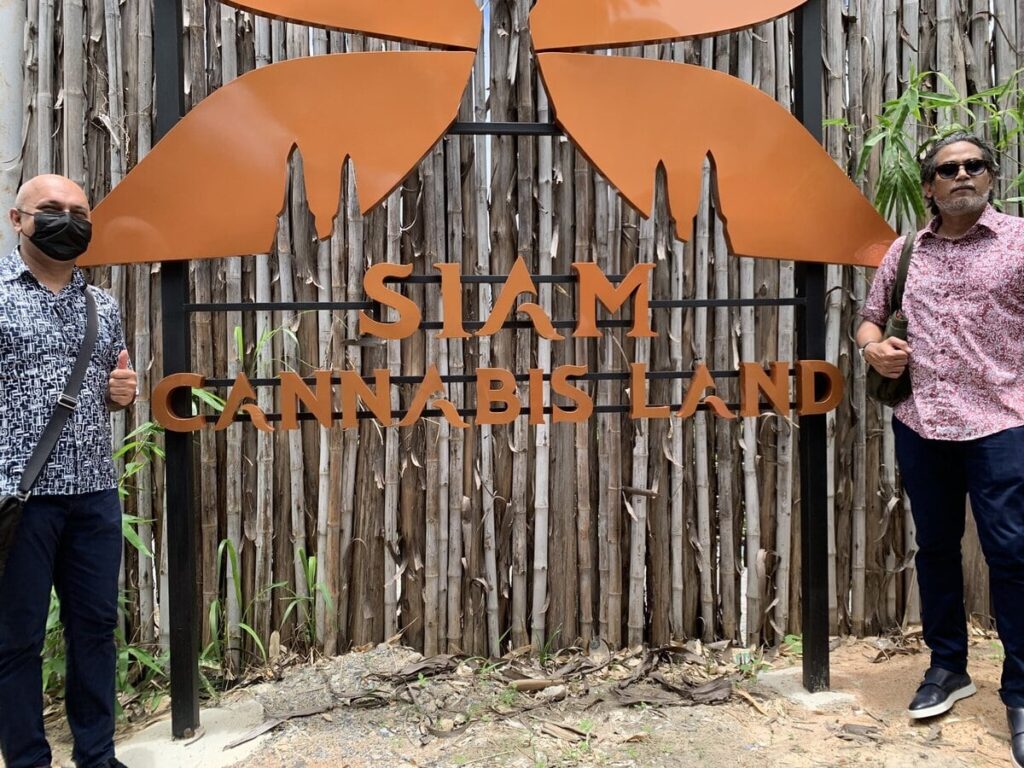
Dr Yii said the three main frameworks that Parliament’s medical cannabis caucus is working on centre around: the education of health care workers and professionals on the use of medical marijuana, the education of the public in terms of the benefits and dangers of medical marijuana, and the regulative and enforcement framework.
He pointed out that Thailand’s decriminalisation of cannabis this year contained many loopholes, saying: “It is a mess now, Thailand”.
Reuters reported last June that shortly after Thailand removed cannabis from its banned narcotics list and legalised the cultivation and possession of marijuana, the public was confused about how it could be legally used, pending the passage of a cannabis regulation law.
“We take it step by step, and as I said, the first step is to remove hurdles for research…strengthen our agricultural framework,” said Dr Yii.
He also stated, during the discussion session, that there needs to be a regulatory centre, possibly under MOH, to not only regulate the use of cannabis but also dispense cannabis seeds to farmers, conduct constant testing of cannabis crops, and designate areas for the plantation of cannabis to ensure quality.
Dr Yii acknowledged the economic potential of not just legalising cannabis for medical purposes, but the use of hemp for other products.
“The whole industry is estimated to be 60 billion ringgit. And this issue of the economy is not just taxes generated for the government to be used for other purposes, but it could be seen as a sphere of poverty elevation…especially in the rural areas, because we are giving them a plantation alternative,” he said.
“If we regulate this industry, imagine the elevation of poverty we can help with the people, especially in the rural areas, in the heartlands of Malaysia.”
The economic value of cannabis was also highlighted by Steve Deangelo, an American cannabis reform activist based in California, who said that any products that can be made out of petroleum, trees, or cotton could instead be made from hemp.
“When we make products out of hemp there is an incredibly powerful environmental impact – positive environmental impact – hemp when harvested sequesters 20 metric tons of atmospheric carbon for every hectare of cannabis that is harvested,” Deangelo told the panel in a virtual call.
“Many of the products that are made out of hemp…will continue to sequester carbon over their lifetime. Hemp grows well without…chemical inputs.”
Human Body Organically Produces Endocannabinoids
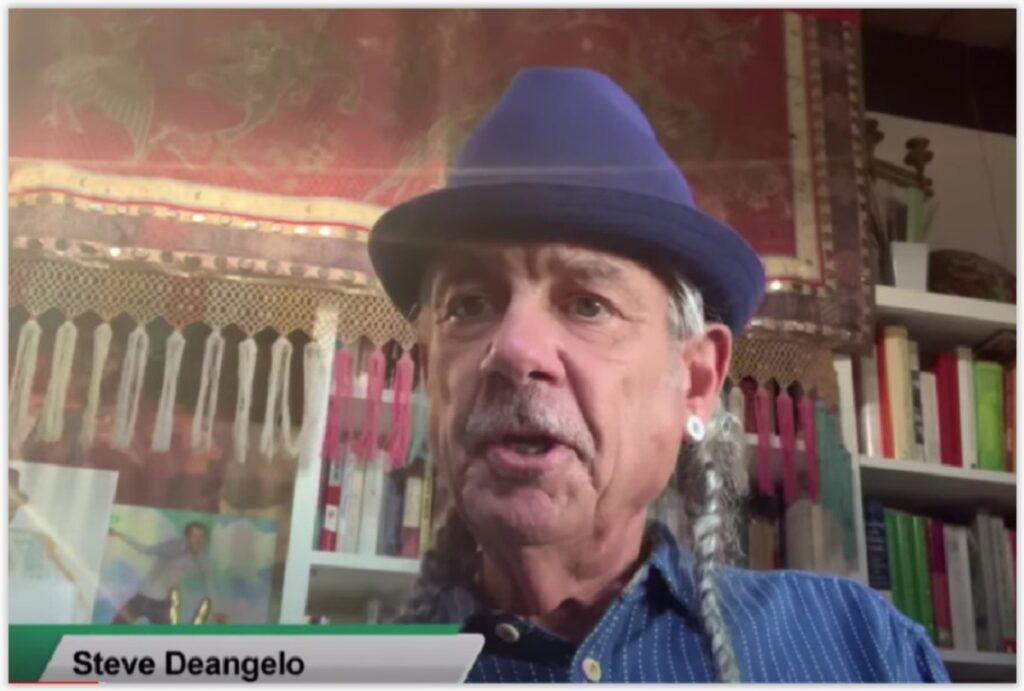
According to Deangelo, the endocannabinoid (ECS) system is the largest neurotransmitter system in the body, and the human body produces many of the same chemical compounds produced by the cannabis plant.
Based on an article by Harvard Health Publishing, the ECS is in charge of regulating and controlling many of the body’s most critical functions such as learning and memory, emotional processing, sleep, temperature control, pain control, inflammatory and immune responses and eating.
The receptors in the brain known as cannabinoid receptors (CBI receptors) outnumber many other receptor types in the brain and are stimulated by the body’s production of molecules known as endocannabinoids. These endocannabinoids have a similar structure to the molecules found in the cannabis plant — phytocannabinoid — and the cannabis plant essentially works its effects by hijacking this system.
“There are literally hundreds of different cannabinoids. And every single one of them that has been studied has some type of therapeutic effect. The endocannabinoid system is the neurotransmitter system that manages the cannabinoids in the human body,” Deangelo said.
“This system is present in our brains, in all of our bodily organs, in our skin, in our connective tissue, it is present in our immune system, our autoimmune system, our circulatory system— almost every single bodily support system in the human body.
“Wherever the endocannabinoid system is, it plays the same role. It maintains and preserves, and when necessary restores homeostasis…The way that cannabis works on almost any disease that you can imagine is related to this homeostatic effect.”
Can’t Get High From Hemp
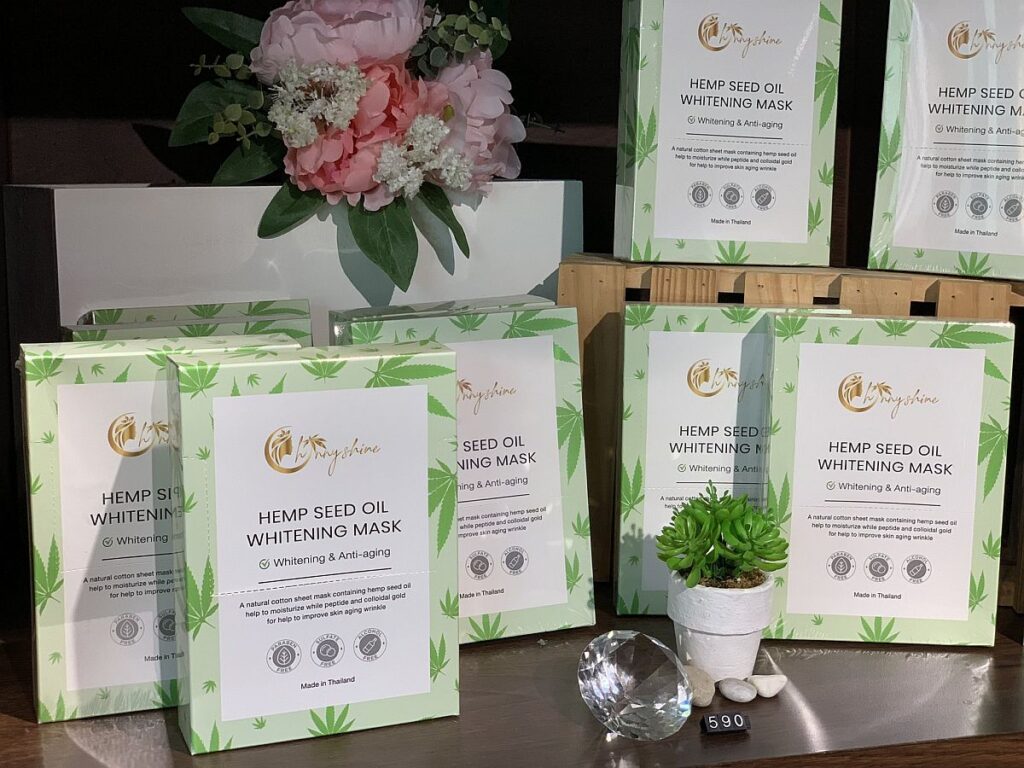
Despite the various benefits of cannabis enumerated by the panellists, in Malaysia, cannabis never fails to evoke the picture of ganja (marijuana) and individuals getting high and addicted.
While Nur Azzalia acknowledged that marijuana does have high THC content and low CBD content, she stressed that hemp should not be viewed in the same light as “hemp has only less than 0.3 per cent or 0.2 per cent of THC, and it has about 10 to 20 per cent of CBD.”
Ergo, “You can smoke it all you want, you won’t get high”.
In her case for hemp, she cited the European Court of Justice (ECJ) that ruled that the compound CBD is not a narcotic drug because “it does not appear to have any psychotropic effect or any harmful effect on human health.”
This in turn was followed by – on the recommendation of the World Health Organization’s committee on drug dependence – the United Nations Commission on Narcotic Drugs deletion of “cannabis and cannabis resin” from Schedule IV of the 1961 Convention on Narcotic Drugs, a strict list that contains highly addictive drugs like heroin.
It should be noted that both cannabis and cannabis resin remain in Schedule I of the convention that contains a list of “substances with addictive properties, presenting a serious risk of abuse.”
Thus, the removal of cannabis from schedule IV serves as an acknowledgement on the part of the UN “that cannabis is not ‘liable to produce ill-effects’”on the scale of other drugs in Schedule IV, and that cannabis has significant potential therapeutic value.”
The Parliament symposium on medical cannabis did not include any panel speakers from MOH.
Bernama reported Health Minister Khairy Jamaluddin as saying last Thursday at a working trip to Thailand that the government plans to study the safety and effectiveness of cannabis for therapeutic use before considering approval for medical marijuana as a start, but not yet cultivation.
He cited the medical use of cannabis internationally for conditions like palliative care, chronic pain management, insomnia, and patients undergoing chemotherapy.
- Source from codeblue.galencentre.org
- Created on .
- Hits: 1277
